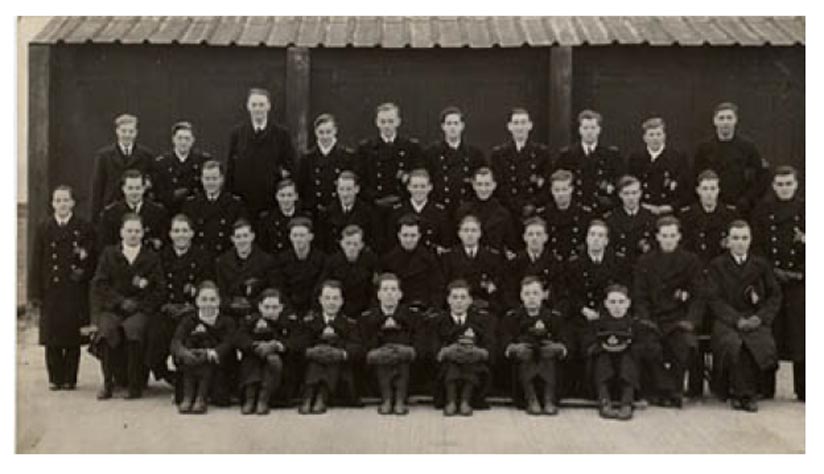BACK
DR FRANK JACKSON, 59A, PRINCES ROAD, BRIGHTON, EAST SUSSEX BN2 3RH
TEL. 01273 603766 - EMAIL [email protected]
- www.fulltable.com/fj
|
Diaries and Personal HistoriesIn parts it is almost easy to imagine that you are in England among orchards and trees and banks….Until you see Italian women banging washing against stones and putting it out to dry on the grass or stringing it across balconies. We even saw Italians living in the ruins the war has made; until you see the cactus which grows there, and the vineyards and little wooden carts drawn by bullocks or a donkey and the Italian people working in the fields, and Italian women carrying bundles on their heads as naturally as you please.’ ‘…cheap, figureless ugly looking girls habited the place…The beer’s lousy, the women revolting, the band ought to be shot, and the place itself needs pulling down as it is decrepit-looking in the extreme…’(19/12/42 Malta) Freetown, Sierra Leone‘did not have the appearance of a town but of many clustering’s of small groups of houses and bungalows in an area thickly covered with trees and palms….The bright colourings of the vegetation were strikingly beautiful, colourings which normally I would only have expected to have see in a techni-coloured film. I associated with such vegetation lovely coloured birds, like the stuffed specimens of tropical birds seen when I was a boy in museums. It seemed natural that such surroundings would be the home of such birds.’ (p.12) ‘…an Arab dhow, the master sitting cross-legged, on cushions on the poop, smoking a hookah, and a small boy fanning him and he never looked sideways at us. As a study of indifference it was complete. Calls and rude remarks were thrown at him from our decks, but he just carried on smoking and contemplating.’ (Freetown, Sierra Leone) On Sunday morning we set off on a trip to a Ghrotto (sic). We went by road and off the road down to the Ghrotto, we had to walk down 285 steps, then get into a boat and sail around inside the Ghrotto. It was a grand sight to see. In the afternoon we went on another tour to a place right on top of the mountains. The King of Italy was staying there at the time. This place was also where Greta Garbo spent her honeymoon and from a terrace in the grounds you could look down at the sea 1600 feet below, while we were there we went into an old monastery. I have never seen such a beautiful place in all my life. And being it was Palm Sunday the choir sang for us, then one of the nuns gave us all a piece of Palm for good luck.’ (pp.2-5) (Italy) PERSONAL HISTORIES AND INTERNATIONAL HISTORIES – SOME COMMENTS
Personal histories refer to particular methods and techniques by which individuals can find their own voices, and evoke their own experiences in the context of wider social and political scales. This is of particular interest to me, and I have utilised comments made in a notably wider traumatic situation – that of war. I have also looked at the experience of men and women going abroad for the first time, particularly in a wartime and post-war context, though for the interests of brevity, I have kept this aspect to a minimum. However the enclosed quotations, taken from diaries and journals that I researched in the Imperial War Museum in London, do indicate some of the points made below. These provide some of the viewpoints and perspectives that I have studied over the last few years.
My uncle Frank is standing on the extreme left. This was taken in 1946.
|
BACK
